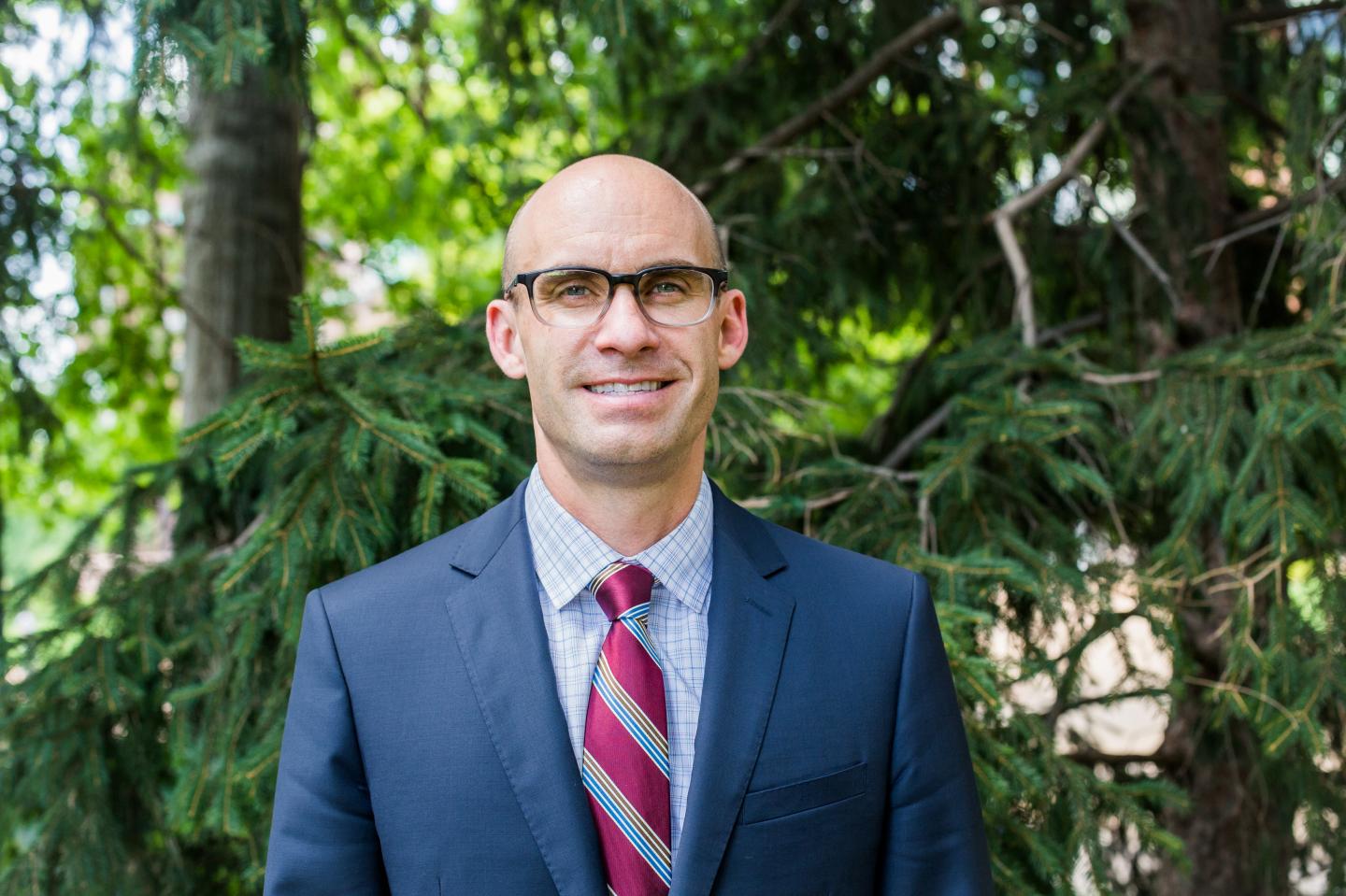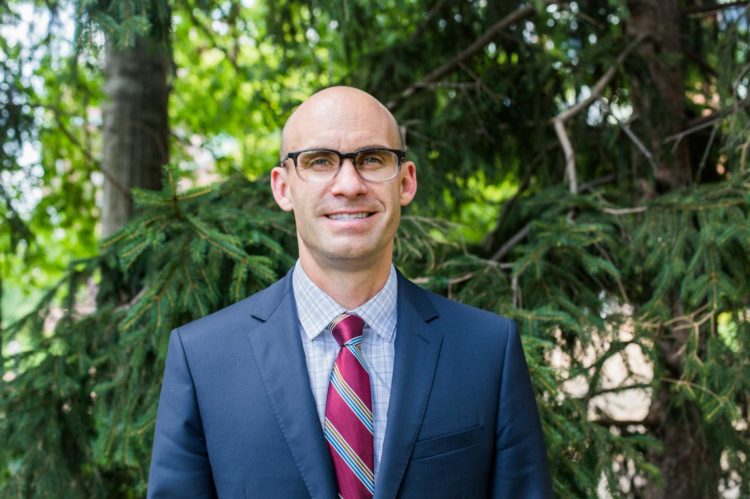
Credit: Saint Louis University
Hospitals, doctors and Medicare Advantage insurance plans that care for some of the most vulnerable patients are not reimbursed fairly by Medicare, according to recent findings in JAMA.
It costs more to care for patients who are frail, have dementia, are depressed or are poor. However providers that treat them and health insurance plans that provide their coverage are not paid fairly to treat these health conditions because Medicare doesn’t account for them in its existing risk payment system. That system rates patients based upon how sick they are, which determines Medicare reimbursements.
“While it’s an unintended consequence of the current Medicare payment policy, those who are among the most vulnerable are less likely to get the care that they need,” said Kenton Johnston, Ph.D., assistant professor of health management and policy at Saint Louis University College for Public Health and Social Justice, and lead author of the paper.
“This disparity has already created an incentive for providers and plans to avoid treating Medicare beneficiaries with those conditions.”
Medicare compensates health insurance plans in Medicare Advantage and medical providers under value-based payment models based on how sick their patients are, which is measured by a risk score. Because patients who have higher risk scores cost more to treat than those with lower scores, Medicare pays insurance plans and providers more to treat them.
In this paper, Johnston highlighted a problem with Medicare payments. Medicare does not include frailty, dementia, depression or poverty in its risk scores even though patients with those conditions are sicker and costlier to treat.
Johnston and his co-authors Julie P. W. Bynum, M.D., professor of internal medicine at the University of Michigan Medical School in Ann Arbor, Michigan, and Karen E. Joynt Maddox, M.D., assistant professor of cardiology at Washington University School of Medicine in St. Louis, recommend an easy fix to correct the disparity.
Medicare should include patient frailty, dementia, depression and poverty in its risk scores – conditions for which there are standard diagnosis codes that clinicians can enter at the time they treat patients.
Medicare has resisted the change, Johnston said, arguing clinicians and facilities might over-code those conditions to increase their reimbursement.
“That can be addressed through existing fraud procedures that Medicare already has in place. A clinician who codes a patient for those conditions when the patient does not have the conditions is committing Medicare fraud and can be penalized,” Johnston said.
“It is unfair to clinicians, facilities and plans that do treat patients with those conditions to not reimburse them fairly for their services.”
###
The Saint Louis University College for Public Health and Social Justice is the only academic unit of its kind, studying social, environmental and physical influences that together determine the health and well-being of people and communities. It also is the only accredited school or college of public health among nearly 250 Catholic institutions of higher education in the United States.
Guided by a mission of social justice and focus on finding innovative and collaborative solutions for complex health problems, the College offers nationally recognized programs in public health, social work, health administration, applied behavior analysis, and criminology and criminal justice.
Media Contact
Nancy Solomon
[email protected]
314-977-8017
Original Source
https:/
Related Journal Article
http://dx.





